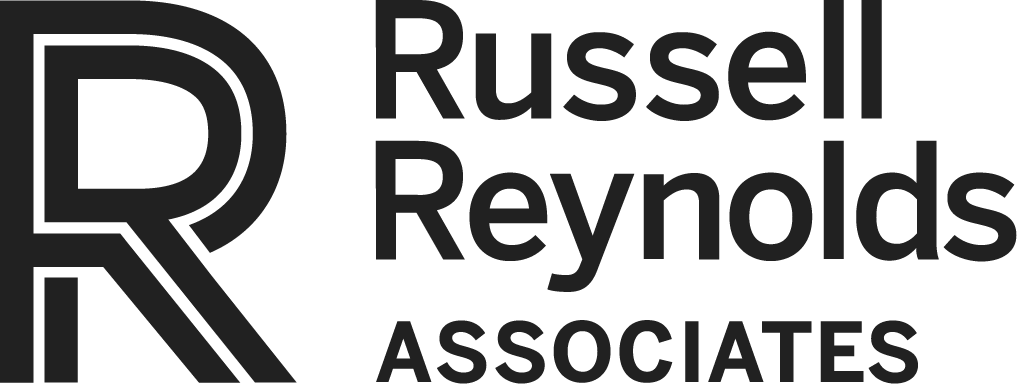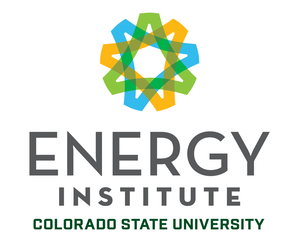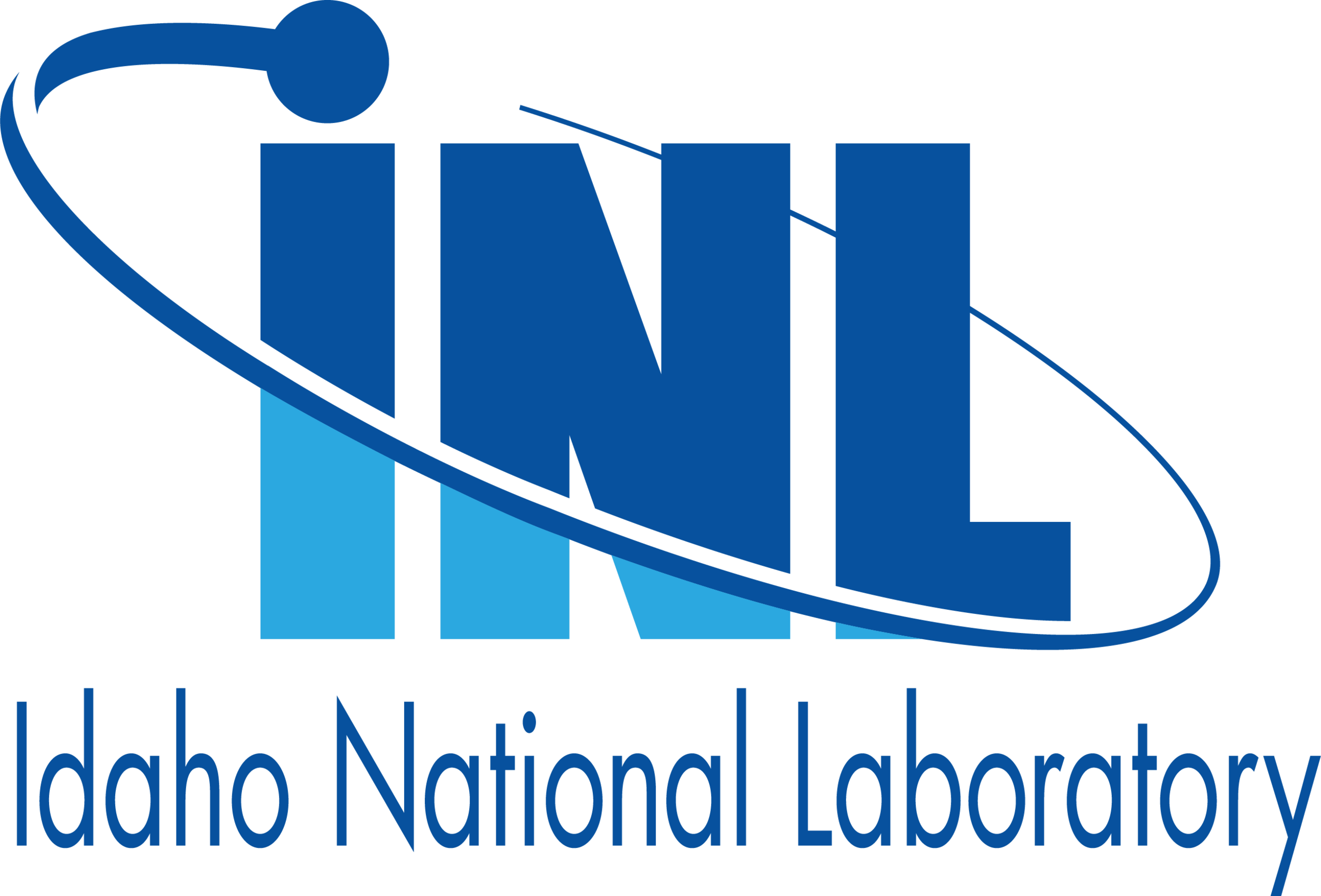September 27-28, 2023
samberg conference center | massachusetts institute of technology
2023 C3E WOMEN IN CLEAN ENERGY SYMPOSIUM AND AWARDS
Clearing hurdles to achieve net zero by 2050:
Moving quickly, eliminating risks,
and leaving no one behind
To achieve a rapid transition to an affordable and sustainable net-zero world, we must strategically increase momentum and address challenges. We will discuss how to preserve and strengthen policies to enable clean energy, address energy system inequities, speed up the technology journey from lab to market, and overcome present and future supply chain vulnerabilities to achieve net zero by 2050.
































